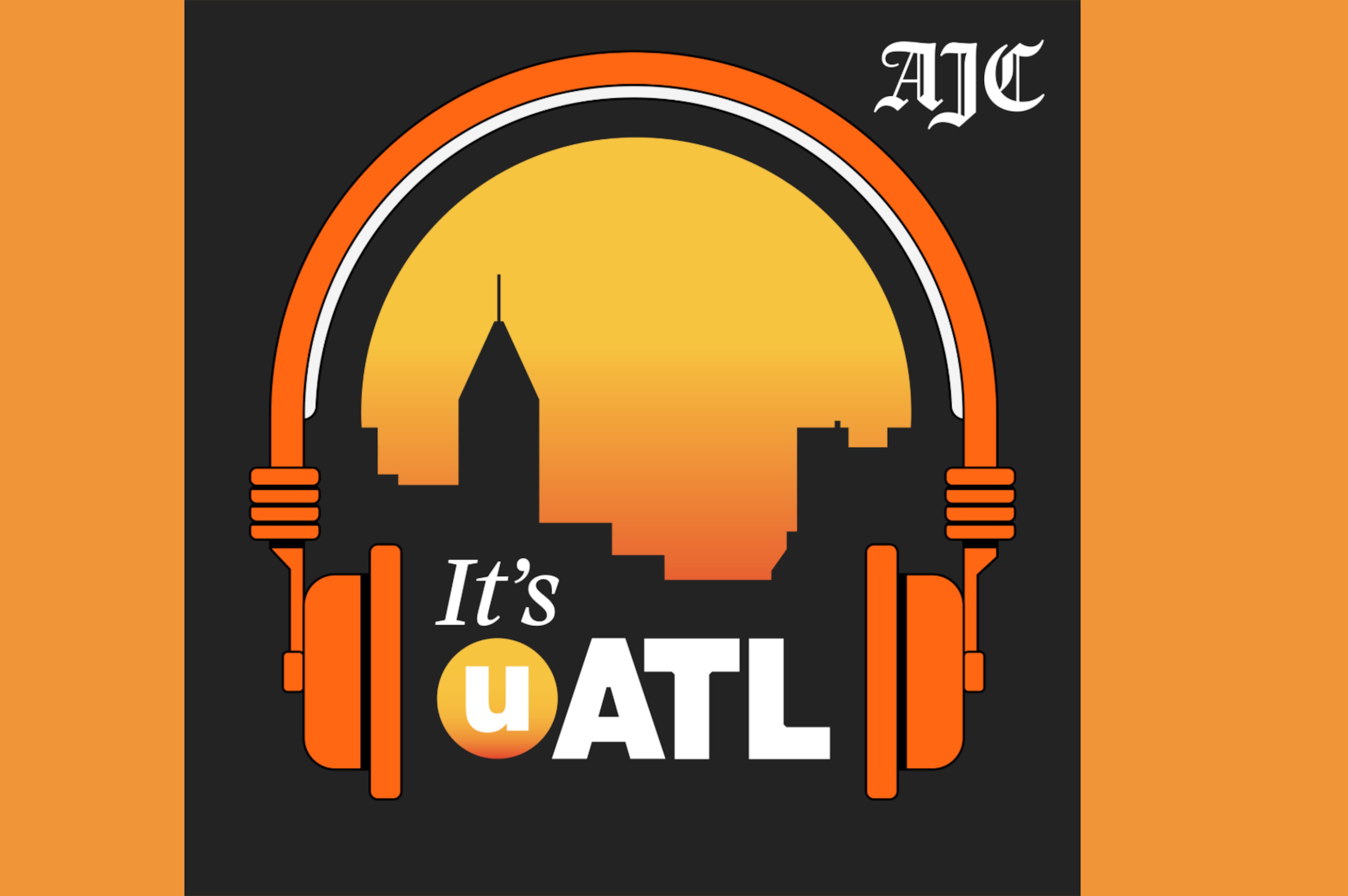Fate of Falcons stadium in hands of Georgia Supreme Court

The fate of the future Atlanta Falcons stadium is now in the hands of the Georgia Supreme Court.
On Monday attorneys for the city of Atlanta and a group of residents challenging the city’s decision to use public money to help build the stadium argued their cases to the state’s highest court. The hearing marks the residents’ last chance to halt the city’s plans to issue $200 million in bonds to the nearly $1.3 billion stadium set to open in 2017.
The Supreme Court must decide whether to uphold a Fulton County Superior Court judge’s decision in May to validate the bonds backed by hotel-motel taxes, which allows the borrowing plan to go forward, or side with the residents. The justices aren’t likely to render a decision until January, several months after city and state officials hoped to issue the bonds.
In the meantime, the Falcons are carrying the cost of building the retractable roof stadium near downtown Atlanta, a massive project that is reshaping this dilapidated part of town. Should the justices greenlight the bonds, $200 million in hotel-motel taxes will be applied to construction, with potentially hundreds of millions more over the next three decades also funding the project.
The residents of English Avenue and Vine City — the Rev. William Cottrell, Mamie Lee Moore, Tracy Bates, Joe Beasley and John H. Lewis III — say they’re not against the new stadium, but oppose the manner in which public dollars are funding the project for billionaire Arthur Blank’s football team. The residents are among those who have long been critical of stadium negotiations, with tensions worsening last year during talks between community and city leaders over how to spend $30 million to improve their neighborhoods. The Arthur M. Blank Family Foundation is contributing $15 million to the communities. The other $15 million comes from the city’s Westside tax allocation district.
“It’s time for us to stop giving everything to the rich,” Cottrell said. “That’s why we’re here today.”
Attorneys for the city said the Atlanta City Council acted within the law when it voted in March 2013 to extend the city’s hotel-motel tax and apply those funds toward the new stadium. On Monday, Matt Calvert, an attorney with Hunton & Williams representing the city, repeated their belief that the stadium will promote tourism and bring jobs to Atlanta, and therefore isn’t a project solely benefiting a private entity.
Key issues in the residents’ legal challenge include:
- That the bonds are unconstitutional because the 2010 state law authorizing extension of the existing Atlanta hotel-motel tax for the purpose of replacing the Georgia Dome amended a general law, which can be applied across the state, to a "special law" affecting only one project. Attorney John Woodham, who represents the residents, explains that a special law cannot amend a general law. Atlanta attorneys counter that the decision to extend the hotel-motel taxes is allowed under exceptions to the general law.
- That the Atlanta City Council acted improperly when it voted last year to approve the use of future hotel-motel taxes for stadium construction because the Georgia World Congress Center Authority hadn't yet issued needed certification. The certification was issued in February. Woodham said that makes the city council's legislation null and void and requires them to re-adopt it. Attorneys for Atlanta agree the state must issue certification, but argued state law doesn't require them to do so before the council can vote on the financing plan. They say the certification must only be issued prior to the bond issuance.
- That Invest Atlanta, the city's economic development agency tasked with issuing the bonds, cannot issue revenue bonds because the money to pay the debt service on the bonds isn't derived from the stadium itself, but from hotel-motel taxes. Woodham says in order for that to be proper, Invest Atlanta must own or operate the stadium. The Falcons stadium will be owned by the GWCC. Attorneys for the city argue that state law does not require Invest Atlanta to own or operate the stadium in order to issue revenue bonds.
Woodham and his co-counsel, former Fulton Superior Court Judge Thelma Wyatt Cummings Moore, declined to speculate on the future of the stadium should the justices agree with their arguments.
Calvert said the city is confident the court will uphold the bond validation and declined to say whether the city has a backup plan. “We’ll cross that bridge when we come to it,” Calvert said.
The Falcons are not a party to the bond validation case, but CEO Rich McKay attended the hearing. Kim Shreckengost, executive vice president of Falcons parent company AMB Group, said in a statement: “We continue to have confidence that our partners at the city, Invest Atlanta and the GWCCA will appropriately handle the challenges.”


